Can Dogs Eat Cabbage Safely? Everything You Need To Know About Feeding Cabbage
Unlock the nutritious world of cabbage for your furry friend! In our guide on "Can dogs eat cabbage?" we will explore the benefits, risks, and the best ways to serve this crunchy veggie. From essential vitamins to potential pitfalls, we've got the insights to keep your pup healthy and happy. Don't let your canine miss out on the goodness—read on to learn how to safely introduce cabbage into their culinary repertoire!
Can Dogs Eat Cabbage?
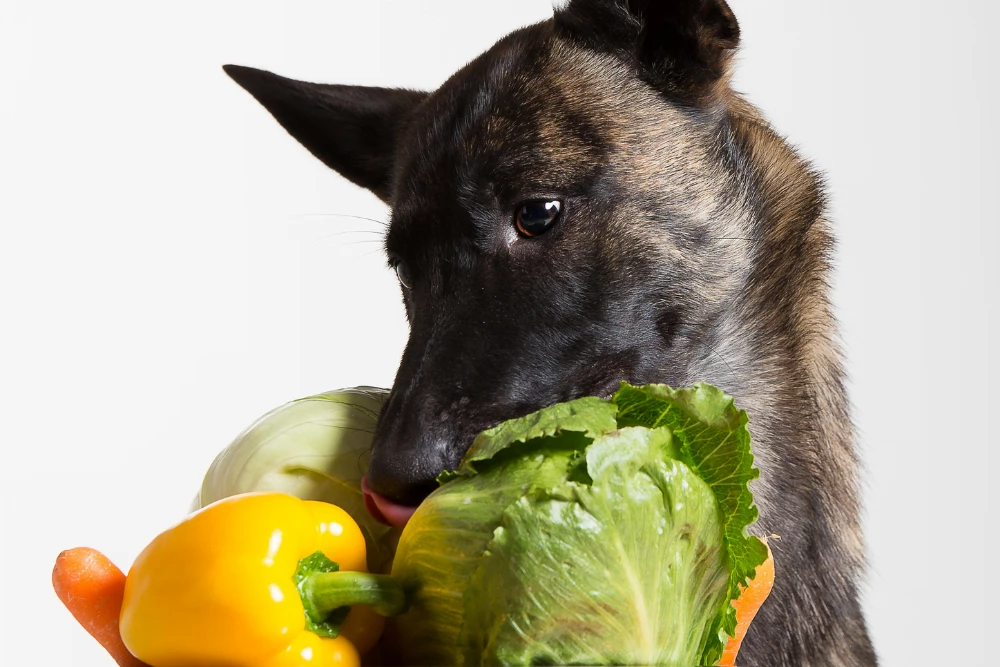 Source: Google
Source: Google
The answer to the question “Can dogs eat cabbage?” is Yes.
Cabbage can be a healthy addition to your dog's diet in moderation. Packed with essential vitamins and minerals, it can provide a nutritional boost.
While raw veggies are generally okay for dogs, cooking and softening them is advisable to enhance digestion. Dogs might struggle with digesting raw foods, and warming up cabbage can prevent any digestive discomfort. Cooking the veggies can release valuable nutrients, and it's a small trade-off for better digestion.
So, the next time you're enjoying cabbage, feel free to share some with your furry friend—it's a crunchy and nutritious treat they might just love.
Benefits Of Feeding Cabbage To Dogs
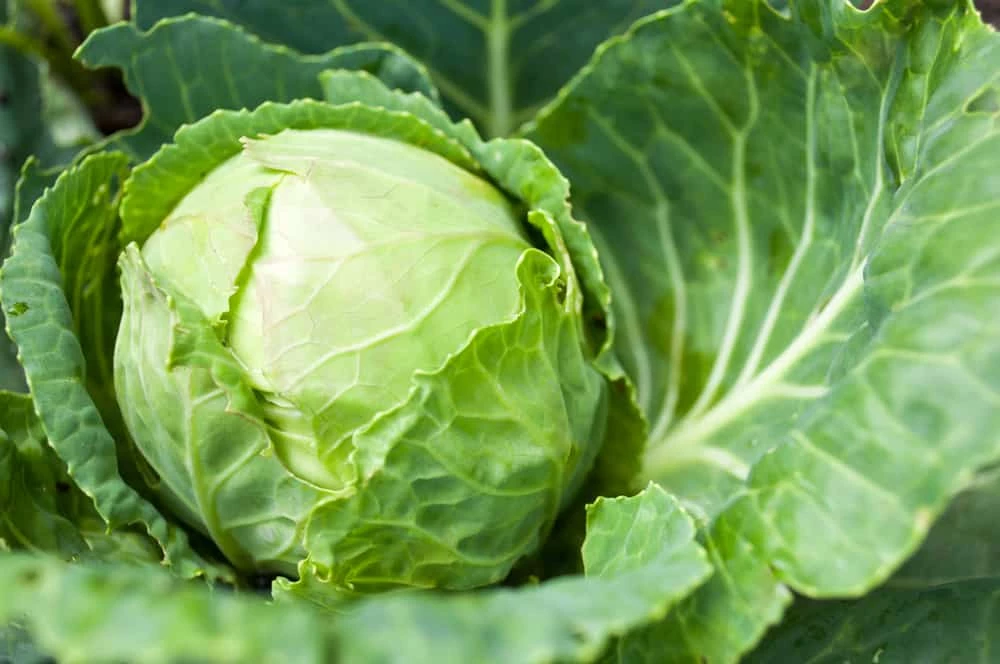 Source: Google
Source: Google
Cabbage is a powerhouse of nutrition that benefits both you and your beloved dog. This humble vegetable is a rich source of vital vitamins like K, C, B6, and B1, along with a dose of healthy fiber.
Additionally, cabbage provides essential minerals such as manganese, potassium, and copper, contributing to your dog's overall well-being.
So, why not indulge in this nutritional gem more often and share the goodness with your furry companion? The vitamins and minerals in cabbage support your dog's health, making it a smart and tasty addition to their diet. It's a win-win for both you and your pet.
Risks Of Feeding Cabbage To Dogs
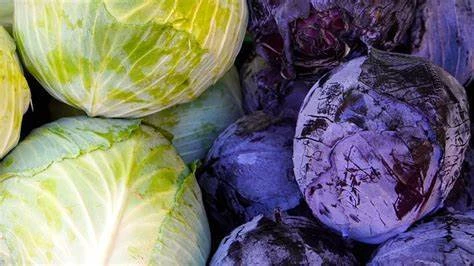 Source: Google
Source: Google
While cabbage is a nutritional powerhouse, it's essential to be mindful of potential side effects for our canine companions.
Firstly, too much cabbage can lead to an upset stomach, making dogs gassy and uncomfortable. To avoid this, it's recommended to introduce cabbage gradually into their diet.
Secondly, hypothyroidism is a concern associated with cabbage consumption. This condition can be triggered by the thiocyanate present in raw cabbage. However, the good news is that proper preparation can mitigate this risk.
Boiling or steaming the cabbage effectively removes or neutralizes the compounds that can cause hypothyroidism, ensuring a safer and healthier treat for your furry friend.
So, while reaping the benefits of cabbage, a bit of caution and proper cooking can go a long way toward keeping your dog happy and healthy.
Cooked Cabbage Or Raw Cabbage
 Source: Google
Source: Google
Incorporating cabbage into your dog's diet can be a healthy choice, but it's crucial to consider the preparation method. Raw cabbage contains thiocyanate, a compound that can adversely affect your dog's thyroid gland, potentially leading to hyperthyroidism if consumed regularly and in large quantities.
While raw foods might not be the optimal choice for your dog, cooking the cabbage eliminates potential toxins or chemicals, making it easier to chew, swallow, and digest. The cooking process also deactivates the harmful effects of thiocyanate, ensuring a safer treat for your furry friend.
However, it's important to keep it plain and avoid adding salt or pepper, as these can be harmful to dogs. Opting for slightly cooked, unseasoned cabbage is the best way to provide your dog with a nutritious and delicious treat without any risks.
How About Purple Cabbage For Dogs?
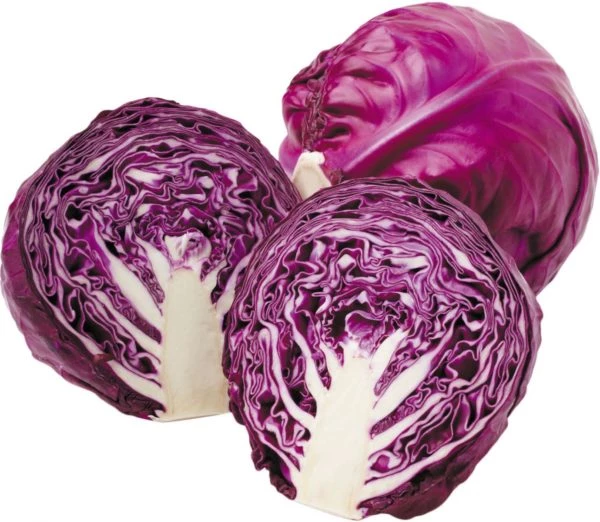 Source: Google
Source: Google
Purple cabbage can be a vibrant and nutritious addition to your dog's meals, offering antioxidant properties that promote overall health. The anti-inflammatory benefits of this colorful veggie can be particularly advantageous for your furry friend.
Introducing purple cabbage gradually and in moderation ensures a safe transition, considering each dog's unique digestive system. Consulting with your veterinarian is a smart step to confirm that purple cabbage aligns with your dog's dietary needs.
From supporting the immune system to promoting joint health, purple cabbage packs a punch of benefits. Remember to follow the recommended serving sizes based on your dog's size and breed.
So, the next time you're planning your pup's menu, consider adding a touch of purple cabbage for that extra health boost.
How To Safely Feed Dogs Cabbage?
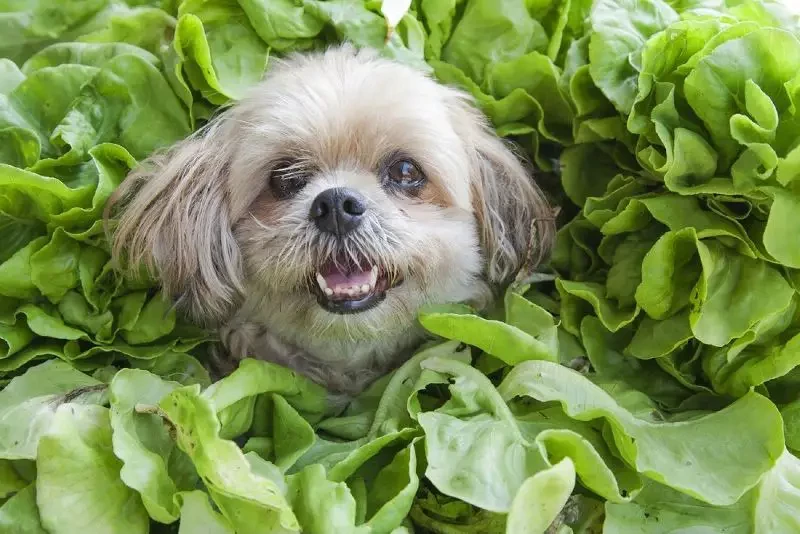 Source: Google
Source: Google
Keeping your cabbage clean and bug-free is a must before preparing it for your pup.
While store-bought cabbage is usually protected by outer leaves, it's a good practice to give it a thorough wash. Tiny insects might be playing hide-and-seek among the leaves, so a quick rinse before chopping is a smart move.
Proper preparation is the key to preserving the fantastic health benefits of cabbage. Research shows that microwaving cabbage for just 2 minutes can zap away some of its most beneficial enzymes.
To keep those vitamins intact and maintain their health properties, opt for steaming instead. A quick 7-minute steam will leave the cabbage crunchy, moist, and perfect for your furry friend to enjoy.
Serve cabbage as a tasty addition to your dog's regular meals. Chop it up, give it a quick cook, and sprinkle it over his usual bowl of wet or dry dog food. It's a simple and healthy way to treat your pup to some cabbage goodness!
Can Dogs Eat All Types of Cabbage?
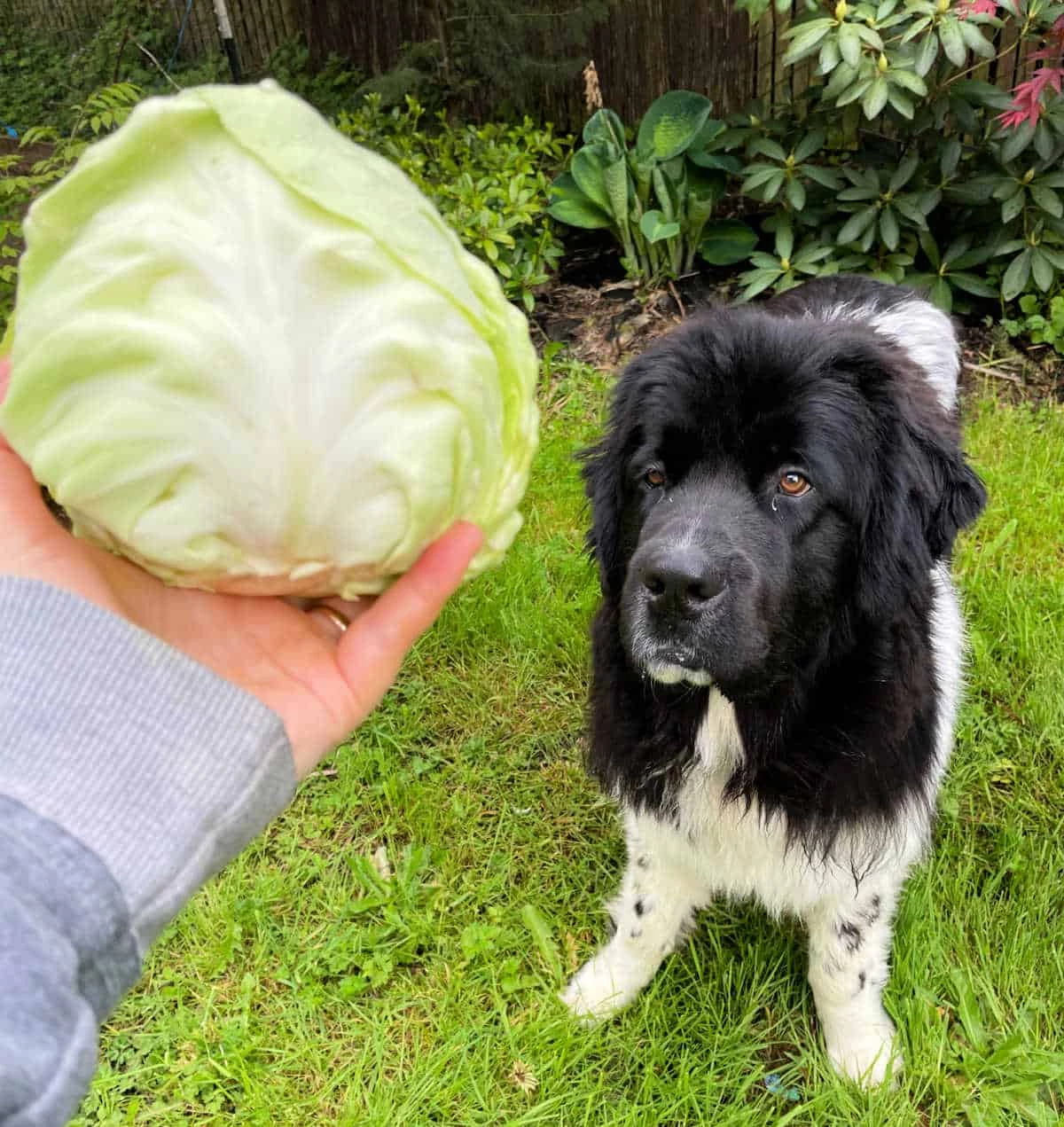 Source: Google
Source: Google
Your dog can enjoy a variety of cabbage types, and the good news is that cooking them makes these veggies a safe and healthy treat.
Whether it's the classic green cabbage, Napa cabbage, or more exotic choices like Savoy cabbage, red cabbage, Brussels sprouts, or bok choy, your furry friend can indulge in the diversity of flavors.
Each cabbage variety comes with its own unique nutritional profile—red cabbage is likely the most nutritious, while green cabbage boasts a higher water content. So, mix it up and treat your dog to a culinary adventure with these cooked cabbage options.
Can Dogs Eat Cabbage? - Conclusion
So, can dogs eat cabbage? The answer is “Yes”. In the grand canine culinary adventure, cabbage gets a green light, but with a caveat—moderation is the secret sauce. While this leafy delight offers a bundle of nutrients, a cabbage feast may not sit well with your furry friend. As with any dietary decision, it's wise to have a heart-to-heart with your veterinarian.
Before turning your pup into a cabbage connoisseur, seek the sage advice of your vet to ensure a balanced and healthy diet for your canine companion. After all, in the quest for optimal pet nutrition, a vet's guidance is the paw-perfect recipe for success!
Related Articles
- Gorilla Tries To Run Into Cold Water, Regrets It, And Then Acts Cool As If Nothing Bad Happened
- The Heartwarming Tale Of Gentle Outcast Cat's Journey From The Streets To Loving Home In NYC
- Cat Left Behind In Apartment When His Family Moved Is Happy When Finally Adopted After 5 Months Of Waiting
- Man Out Paddle Boarding Suddenly Realizes He Has Chance Encounter With A Very Curious Manatee
- Woman Finds Flowers All Over Bedroom Every Day - Then Relizes They Were Left By A Secret Admirer
- This Man Stops To Rescue 'Angry' Animal In The Road—And Ends Up Making A Friend
- Photographer Spots A Haunting Face Pleading For Help On Beach
- Shoppers Are Completely Stunned As They Spot A Face Pleading For Help At Store’s Glass Door
- Couple Adopts Bulldog Who Looks Similar To Their Pet and Gets A Big Surprise
- Man Sets Up Owl Nesting Box, Then Surprisingly Discovers Fluffy Visitor Inside